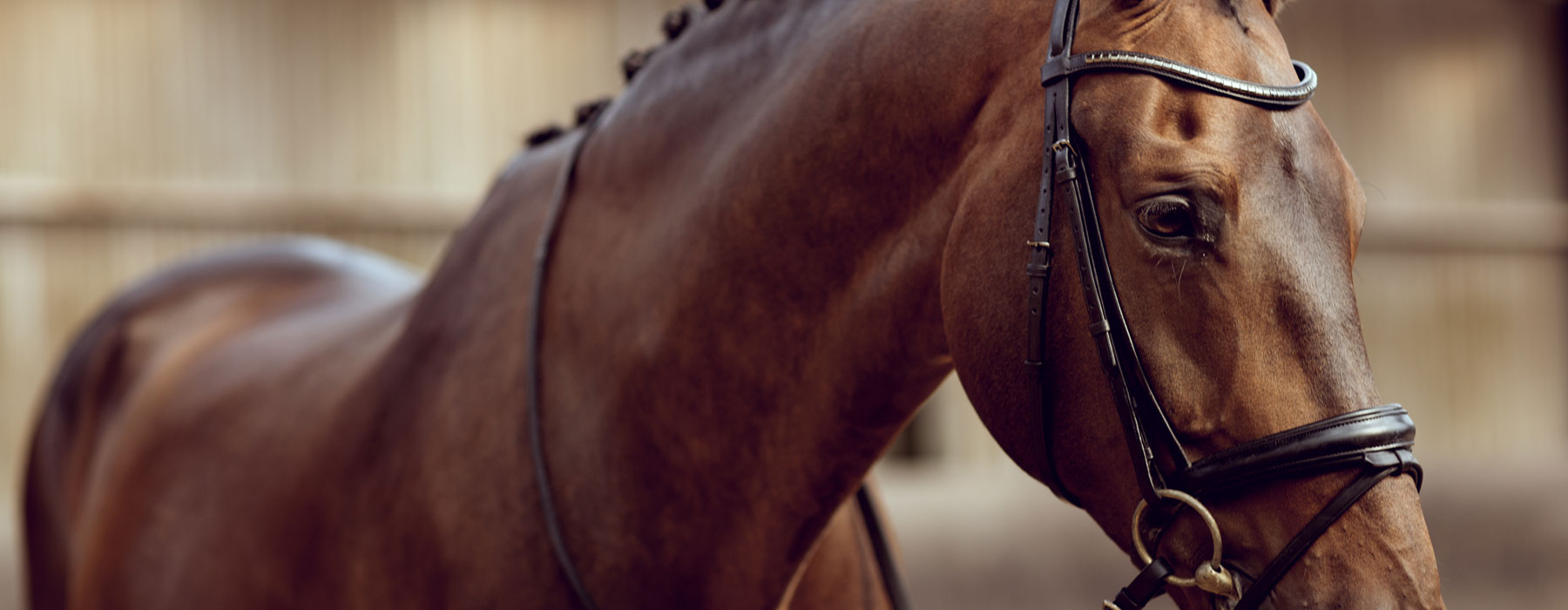Can Head Camera Footage Be Relied Upon in Court?
In short yes head cam footage is permissible in a civil and criminal court although in a criminal court the way in which it is presented would vary.
Further there is no need to wear a tabard alerting the public to the fact that you are filming. The court would ultimately be in a position to decide whether or not it is in the interests of justice for the footage to be relied on. It is however arguably a good idea to alert the public from a prevention perspective.
In pursuing a civil case the video footage would be disclosed by your solicitor far in advance of a trial. This means that if you had supportive CCTV footage, liability is unlikely to remain in dispute and your lawyer should be able to settle the matter without the need for a trial.
In relation to how hard it is to prove that a horse has been purposely spooked this all depends on whether you are pursuing a civil or criminal case.
If your horse has been spooked (deliberately or not) by a negligent driver and you ask the police to prosecute, the CPS will only do so it is believes that it has a good prospect of proving, beyond all reasonable doubt, that the driver had committed an offence and that it is in the public interest to do so. This could be an offence under the Public Order Act 1986 or a driving offence under the Road Traffic Act 1988.
In short you are in the hands of the CPS even if you do have supportive footage. Whilst a private prosecution is possible they are expensive and the CPS can take over conduct at any time. That said there have been successful convictions.
However, to pursue a civil claim for personal injury or property damage (a horse is classed as property in the eyes of the law) the Claimant only needs to demonstrate that on the balance of probability the horse was spooked by the negligence of another. The burden of proof is therefore lower.
In the absence of video footage, if a rider sustained injury as a result of a driver’s negligence, witness statements would be used and potentially accident reconstruction evidence to ascertain the most likely cause of the accident. As stated above if you had supportive head cam footage you would simply provide a copy to your solicitor, who in a civil case, would simply disclose it to the third party insurer/solicitor and liability should not be an issue.
Ultimately this means that head cam footage could result in you winning a case and avoiding a lengthy trial.
Riders should not be discouraged from pursuing a civil claim merely because the head cam did not catch the registration number. In cases where the third party responsible for an accident leaves the scene and remains untraced it is still possible to pursue a claim. At HorseSolicitor we have a special interest in untraced driver claims.
What riders should however be cautious of is publicly naming and shaming drivers by posting such footage in a public forum. This would potentially breach both human rights and privacy laws.






